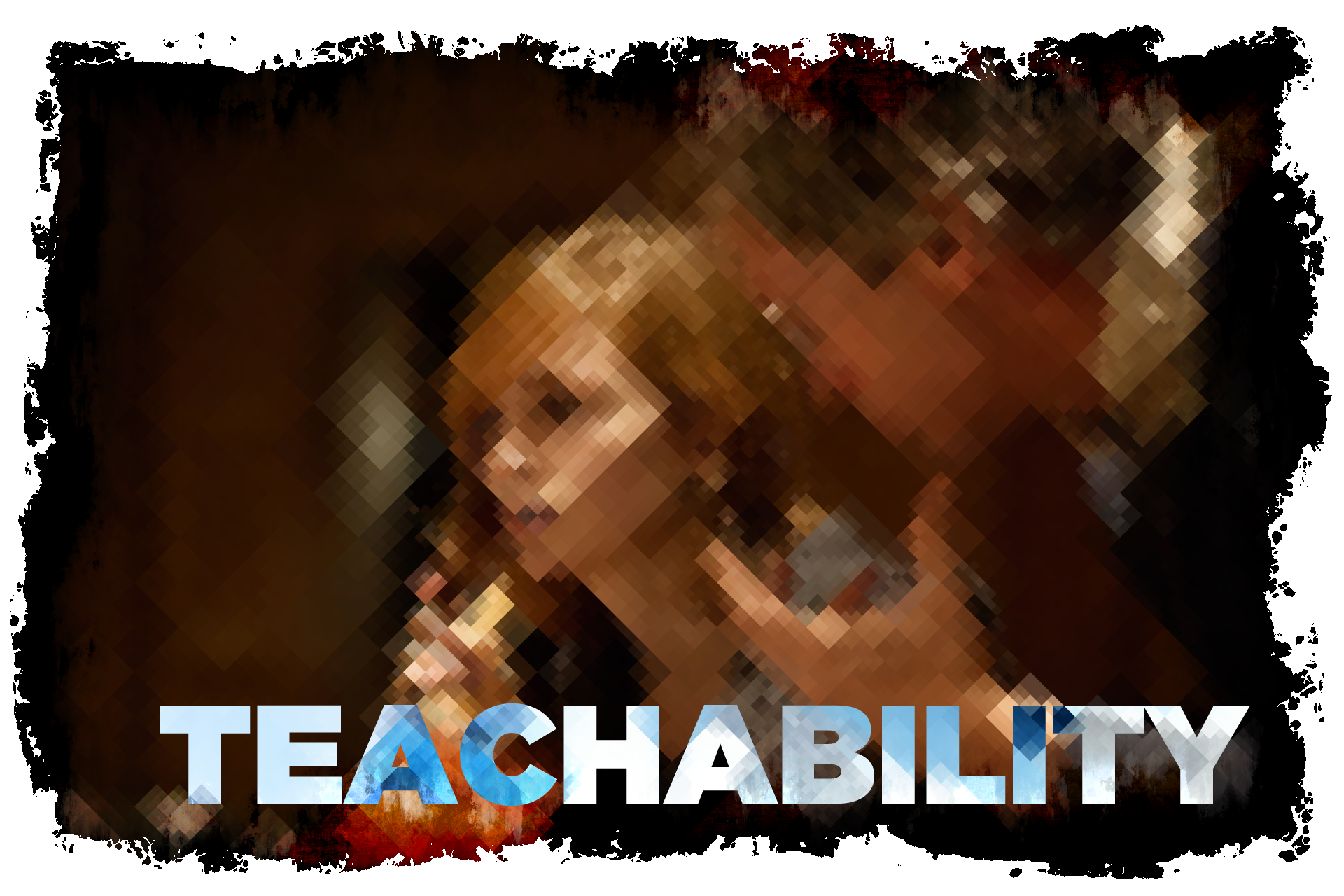
What you learn in music is very important. How well you learn may make the difference between you having a career, or moving on to other things. Teachability is one of the core things that distinguish music students with promise.
There are students who are naturally gifted musicians. Others work harder at it to get to the same point. For those to whom it comes naturally, and those who think that because someone is a “natural,” that they have no hope of competing with them, the playing field is really more level than you’d think.
Music, as we tell you, is a mentoring process. It’s an ensemble process that requires good communication skills, and, more important, good listening skills. Not just to the music, but to your music instructors, private teachers, your fellow musicians in your peer group, and those who mentor you along the way.
When faculty are seeking students to mold into college musicians, people working through the whittling down process to become professional musicians, the ability to execute never hurts, BUT, if someone skips lessons because they feel they don’t need them, doesn’t work on sight reading because they have a strong ear, spends more time telling people what they know rather than learning more… If they can read at night with a mirror deflecting the sun shining out of their rear end, THEN it may be difficult to teach them anything more than what they currently know.
In some forms of music, particularly in an improvisational setting, those students, even with significant natural gifts may lack the tools to grow much as performers.
This is one of the major considerations that music educators at the college and conservatory level must consider when selecting musicians for admission.
A student who performs at a high level and whose ability is evolving, who consistently listens to their teachers and to the private teachers and executes well, and is growing in their music and on their instrument, is a person who is teachable.
When you begin meeting music faculty, you walk into these lessons bringing the skills that you have learned, and, yes, the musician with whom you are working at that conservatory or college is very interested in how you play and what you know mechanically. They will also be evaluating that much larger questions:
- ‘Can I teach this person for the next four years? ‘
- ‘Will we get along?’
- Will my time be spent wisely?
And one that most of you all don’t think much about but those in higher ed do…
- Will they be able to carry the music forward?
That last one is a big thing. They are looking to you, not just at you. Do you have the drive to constantly improve? Do you have the ability to work with your peers to discover nuances in the music, and put your impressions of music into the world?
If you are one of those people who achieves at a high level for your age/skills/instrumentation, but is never satisfied with your performance, who knows that you can always be better, be more, then you possess a mindset that many music educators covet when they select students for their studios:
Teachability.
No matter how good you are, you can always be better. No matter how much you know, you can always learn more. Keep those concepts as your guide when you approach people who may be shaping you for a career in music.
